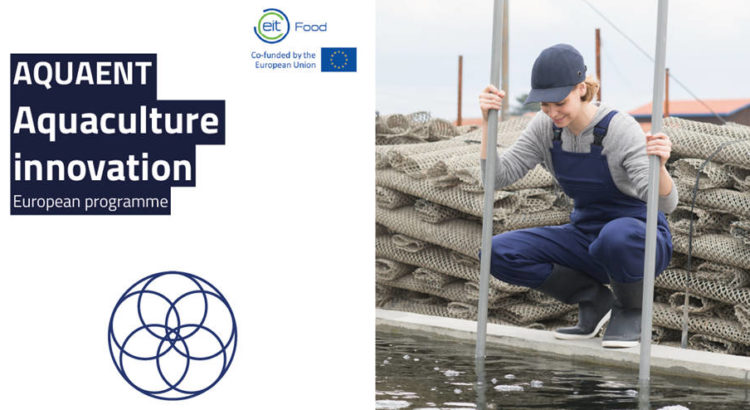On November 17, 2022, we held an online workshop „AQUAENT – aquaculture in the era of global challenges” as part of the EIT Food AQUAENT project – Support for small and medium enterprises in RIS regions in aquaculture. The topics of the workshop covered most burning topics from the pollution of the genetic environment and biotechnological methods of protecting wild-living fish gene pools, through multitrophic aquaculture, to the use of renewable and geothermal energy. We also had a chance to learn the outcomes of the innovative Salmocross project and its possible implementation in aquaculture.
Check out the lectures:
- Renewable energy and the potential of energy storage in aquaculture – futurology or activities necessary for the survival of the industry in times of energy crisis? Ziemowit Pirtań, The fishing farm „PSTRĄG TARNOWO”, Tarnowo, Poland;
- Salmocross – an innovative research and implementation project in aquaculture. Martyna Sas The fishing farm „PSTRĄG TARNOWO”, Tarnowo, Poland;
- Multitrophic aquaculture – possibilities of intensifying production in fresh and salt waters. Radosław Kowalski, Institute of Animal Reproduction and Food Research of the Polish Academy of Sciences, Olsztyn, Poland;
- Genetic pollution of the environment and biotechnological methods of protecting gene pools of wild-living fish. Konrad Ocalewicz, University of Gdańsk, Gdańsk, Poland;
- The use of enzymes and proteins in fish waste to create innovative medical products and dietary supplements. Margret Geirsdottir, Lysi-Life, Zymtech Enzymatica Aktieägare, Icelandic Food and Biotech R&D, Reykjavík, Iceland;
- The use of geothermal energy in fisheries and aquaculture. Saemundur Eliasson, HS Orka and Haustak, Icelandic Food and Biotech R&D, Reykjavík, Iceland.
